Free shipping order over 20,000
Blue Monk
₨ 87,500 Original price was: ₨ 87,500.₨ 70,000Current price is: ₨ 70,000.
Scientific Name:
Myiopsitta monachus
Size:
Typically ranges from 28 to 30 cm (11 to 12 inches) in length.
Weight:
Around 90 to 115 grams (3.2 to 4.1 ounces).
Color:
- Body: The Blue Monk Parrot features a vibrant blue coloration with a slightly greenish tinge on the underside.
- Face: The face is usually a lighter shade of blue, sometimes with greenish or turquoise highlights.
- Wings: The wings have a mix of blue and green hues.
- Tail: The tail feathers are predominantly blue with greenish tips.
- Beak:
The beak is orange and strong, suited for cracking seeds and nuts. - Eyes:
Dark eyes with a contrasting ring of pale color around them.
Legs and Feet:
Grayish in color, with zygodactyl toes (two toes facing forward and two backward), aiding in effective climbing and grasping.
Important Keys:
Habitat
Distribution:
Native to South America, particularly Argentina, Paraguay, and parts of Brazil. Blue Monk Parrots are also known as the Blue Monk Parakeet and are often found in urban areas due to their adaptability.
Environment:
They thrive in a variety of environments, including forests, urban areas, and open spaces. In captivity, they require a spacious cage with perches and toys to stimulate their natural behaviors.
Diet
Primary Food:
In the wild, their diet consists of seeds, fruits, nuts, and berries. They may also consume grains and crops.
Captivity Diet:
In captivity, they should be provided with a balanced diet of high-quality pellets, fresh fruits, vegetables, and occasional seeds. Fresh water should always be available.
Feeding Behavior:
Blue Monk Parrots are active foragers, using their strong beaks to crack open seeds and nuts. They enjoy exploring their environment and foraging for food.
Breeding
Breeding Season:
In captivity, they can breed year-round. In the wild, their breeding season is influenced by seasonal factors and environmental conditions.
Nest Location:
In the wild, they build large, communal nests in tree branches. In captivity, a suitable nesting box should be provided.
Egg Quantity:
A typical clutch consists of 4 to 8 eggs.
Incubation Period:
The incubation period lasts approximately 24 to 26 days.
Fledging:
Chicks fledge around 6 to 8 weeks after hatching.
Lifespan
In the Wild:
Blue Monk Parrots can live up to 10-15 years.
In Captivity:
With proper care, they can live up to 15-20 years or more.
Behavior
Social Structure:
Blue Monk Parrots are highly social birds and often live in large, noisy flocks. They are known for their complex social structures and cooperative breeding.
Vocalization:
These parrots are very vocal, with a range of chirps, squawks, and calls. They are capable of mimicking sounds and speech.
Personality:
Blue Monk Parrots are intelligent, active, and playful. They enjoy interacting with their environment and their human caregivers. Their social nature means they thrive with plenty of interaction and stimulation.
Related Products
-
-20%
Owl Finch
₨ 20,000Original price was: ₨ 20,000.₨ 16,000Current price is: ₨ 16,000. -
-43%
Blue Gouldian Finch
₨ 35,000Original price was: ₨ 35,000.₨ 20,000Current price is: ₨ 20,000. -
-19%
White Bengalese
₨ 1,850Original price was: ₨ 1,850.₨ 1,500Current price is: ₨ 1,500. -
-20%
Zebra Dove
₨ 18,750Original price was: ₨ 18,750.₨ 15,000Current price is: ₨ 15,000. -
-42%
Silver Pied Dove
₨ 12,000Original price was: ₨ 12,000.₨ 7,000Current price is: ₨ 7,000. -
-26%
Red Pied Dove
₨ 8,100Original price was: ₨ 8,100.₨ 5,994Current price is: ₨ 5,994. -
-20%
Diamond Pied Dove
₨ 6,250Original price was: ₨ 6,250.₨ 5,000Current price is: ₨ 5,000. -
-26%
Diamond Dove
₨ 2,000Original price was: ₨ 2,000.₨ 1,480Current price is: ₨ 1,480.
Sign Up for Exclusive Birds Care Tips and Offers from Phool Panchi
© 2024 Phool Panchi | Developed By v3Studio

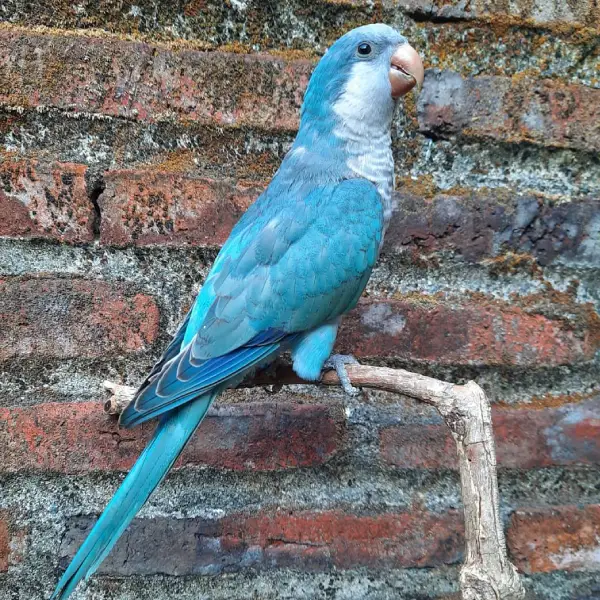

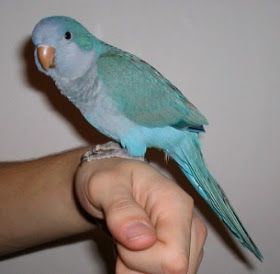



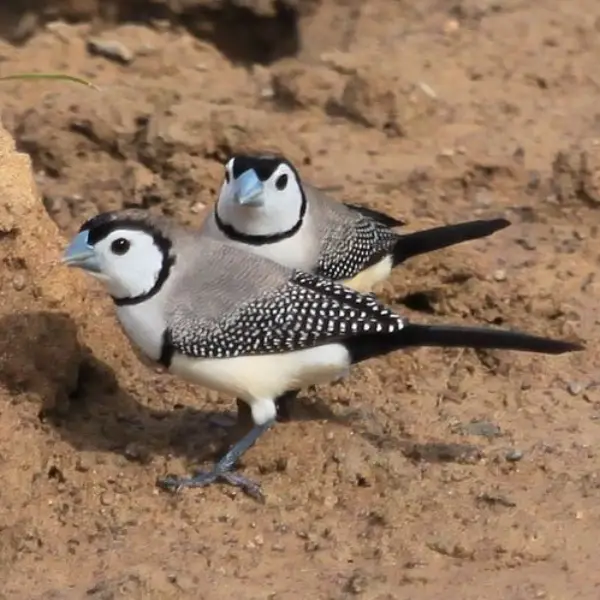
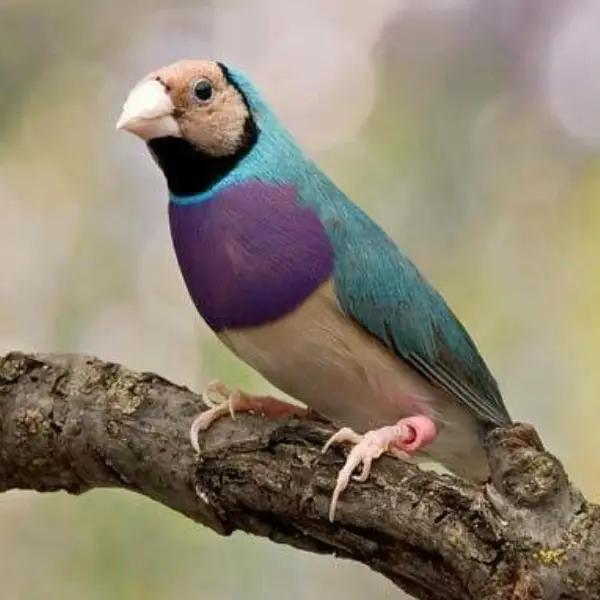
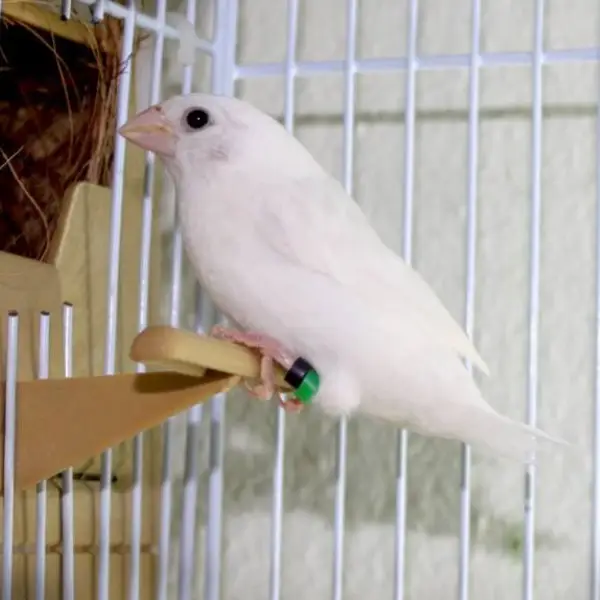
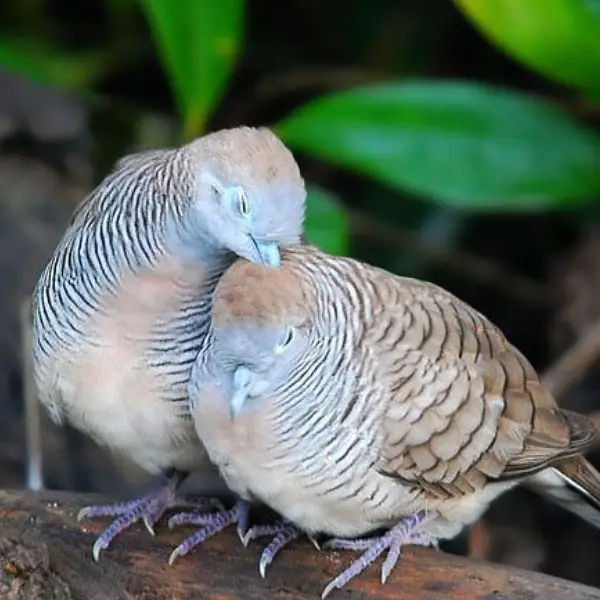
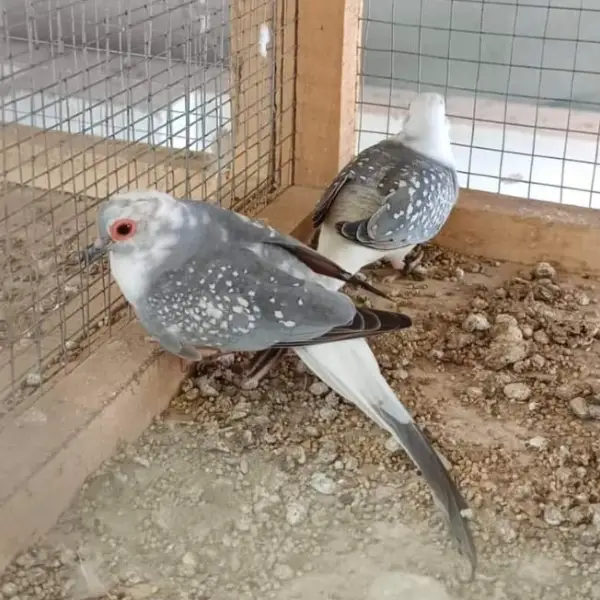
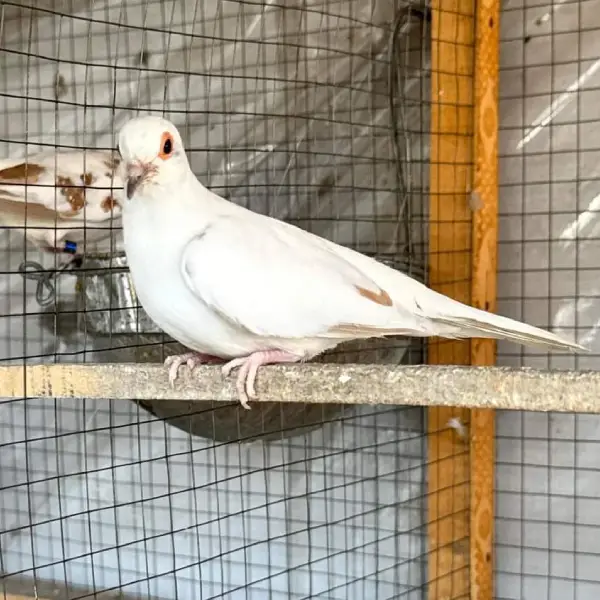
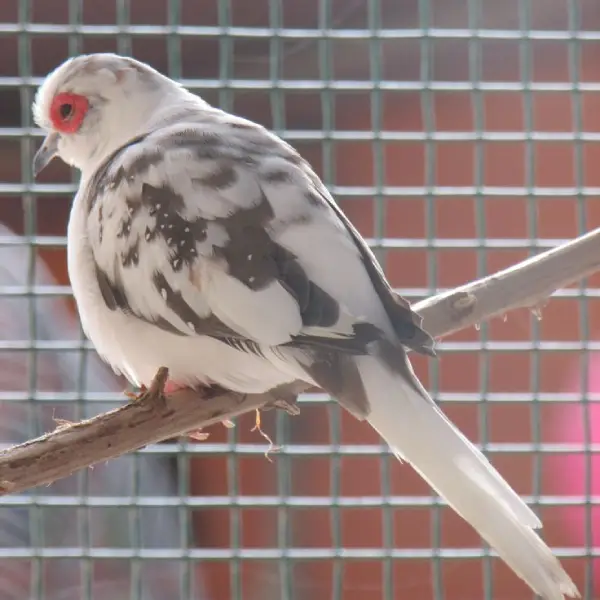
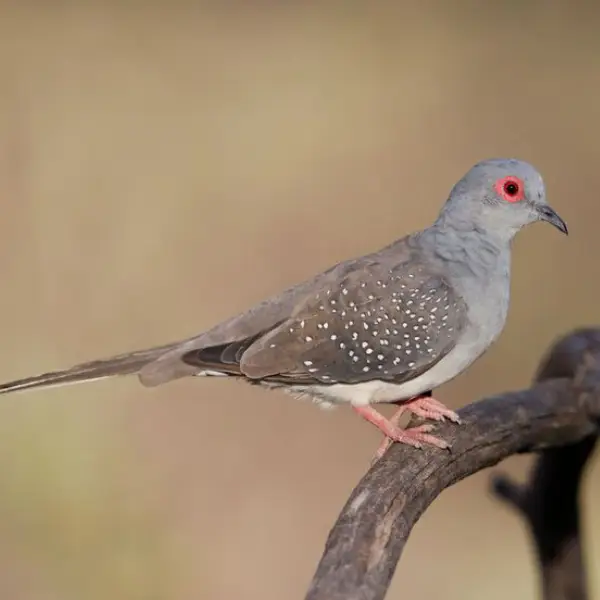
Reviews
There are no reviews yet.